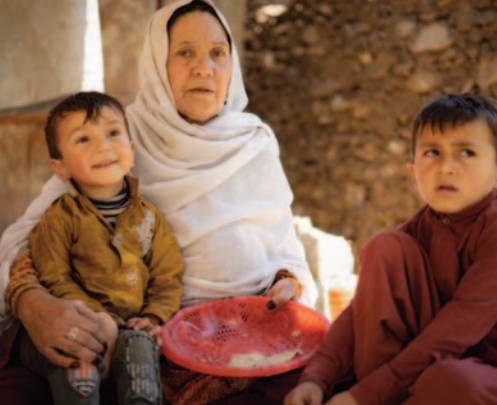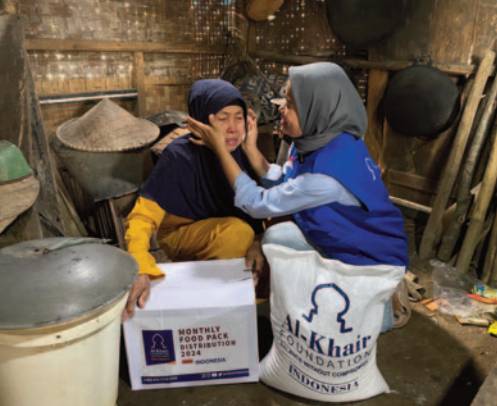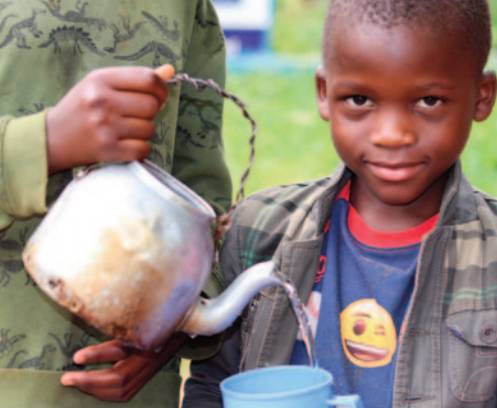Donations
Your Donation Cart is empty.
Zakat – “that which purifies”
“True piety is this: to believe in God, and the last day……to perform the prayer and to pay the zakat.” (Quran 2:177)
Welcome to our Zakat Hub, where your questions find comprehensive answers. We understand that clarity is essential when it comes to fulfilling your Zakat obligations, and our team is here to guide you every step
of the way. Curious about calculating Zakat or its eligibility criteria? Wondering about the impact of your contributions? Look no further. At Alkhair Foundation, we prioritize transparency and responsiveness. Our team are dedicated to providing you with clear, concise information, ensuring that you feel confident and informed in your Zakat journey. Beyond just collecting Zakat, we aim to cultivate a deeper understanding of its profound impact on those in need. Explore our Zakat FAQs and let us assist you in making a meaningful difference through your charitable contributions.
At Alkhair Foundation, we believe in the profound impact of Zakat – a charitable obligation in Islam – and the potential it holds to uplift communities and create lasting change. Join us in the journey of giving that transcends mere charity, as we explore the significance of Zakat and why choosing Alkhair Foundation as your charity partner can make a
difference that echoes far beyond.
Why Alkhair Foundation
Alkhair Foundation is more than a charitable organization; it is a catalyst for positive change. With a global reach and a track record of impactful projects, we strive to break the cycle of poverty and empower individuals to build a brighter future. By choosing Alkhair Foundation as the recipient of your Zakat, you are investing in sustainable solutions that address education, healthcare, livelihoods, and disaster relief.
Join Us in Transforming Lives
Alkhair Foundation invites you to be a part of a movement that goes beyond charity – a movement that seeks to transform lives and communities. Your Zakat is a powerful tool for positive change, and with Alkhair Foundation, you can be confident that your contribution will make a lasting impact. Together, let's build a world where everyone has the opportunity to thrive and lead a dignified life. Give your Zakat to Alkhair Foundation and
become a partner in creating a brighter future for all.

Our Zakat projects team offer a beacon of knowledge and compassion dedicated to ensuring your Zakat journey is filled with joy and understanding by selecting the right Zakat applicable projects for you to donate to. With a wealth of expertise, they stand ready to answer all your questions, making the process a breeze for you. Wondering which projects qualify for Zakat? Our expert provides clear guidance tailored to your unique circumstances, ensuring accuracy and peace of mind.
The team will help you discover what you can donate to and gain a profound understanding of Zakat's transformative impact. Our team is committed to making your Zakat experience a fulfilling one. Simply email us and our dedicated experts will respond promptly, offering insights and assistance tailored to your needs. Embrace the spirit of Zakat with confidence, knowing that you have a supportive and knowledgeable ally by your side. Let's make your Zakat journey a Zakat happy one!
Simplify the process of determining your Zakat with our user-friendly calculator, designed to alleviate the stress of calculating your Zakat amount. Armed with details about your assets, you can swiftly ascertain your required contribution.
Asset inclusion and allowable debt deductions often cause confusion. Consult an expert for comprehensive information, addressing common questions. Alternatively, let our Zakat Calculator handle the intricacies for you. For additional assistance or inquiries about Zakat email us
Your Zakat contributions to Alkhair Foundation support a wide array of projects, from building homes and healthcare facilities to providing opportunities for families to be fed and clothed. We believe in a direct delivery approach to community development, ensuring that your Zakat creates lasting and meaningful change in the lives of those who need it the most.

our Zakat made a profound impact on Nasim's life. With your generous contribution, Nasim was able to provide clothing for her entire family, ensuring they have the warmth and dignity they deserve. Your support goes beyond material assistance; it creates a ripple effect of positive change, fostering hope and well-being for those in need. Thank you for making a difference in Nasim's life through your compassionate Zakat.

Through your Zakat, Shazia's family found sustenance in times of dire need. Your generous contribution enabled them to access nourishing food when they had none. Your compassionate support not only filled their empty stomachs but also brought relief and resilience. Thank you for making a meaningful impact on Shazia's life and ensuring that no family goes hungry with your Zakat.

Akello's life was transformed by your Zakat, which played a pivotal role in constructing a water well for her and her children. This essential source of clean drinking water has become a lifeline, ensuring their well-being and safeguarding them from waterborne diseases. Your generous contribution not only quenched their physical thirst but also symbolized hope and a brighter future.
"And establish prayer and give zakah, and whatever good you put forward for yourselves—you will find it with Allah. Surely, Allah sees what you do." This verse underscores the connection between fulfilling religious duties, such as establishing prayer, and the act of giving Zakat for the greater good, with the assurance that Allah is aware of one's actions. Surah Al-Baqarah (2:110):
Zakat is more than just a financial obligation; it is a pillar of Islam that promotes social justice and solidarity. It represents the redistribution of wealth to help those in need and create a more equitable society. At Alkhair Foundation, we understand the sacred nature of Zakat and the responsibility that comes with managing these funds. Our commitment to transparency and accountability ensures that your Zakat is utilized efficiently to address the most pressing needs of vulnerable communities.
Zakat stands as one of the fundamental pillars of Islam, constituting a charitable obligation aimed at purifying wealth, mandatory for adult Muslims.
Donate your Zakat through Al-Khair Foundation with the assurance that your contribution will directly aid those in greatest need, maximizing the impact of your generosity. With over 30 years of trusted service, we have been entrusted to deliver your Zakat. All of our current projects are eligible for Zakat, designed to be sustainable and impactful, providing enduring benefits to communities.
If your wealth meets or exceeds the Nisab (threshold), which fluctuates annually and is determined by the price of silver, you are obligated to pay Zakat. As of March 2023, the Nisab stands at approximately £342.92. Thus, any funds or assets surpassing this amount are subject to Zakat. Our Zakat calculator dynamically adjusts the Nisab in accordance with the daily value of silver.
In practical terms, Zakat entails contributing roughly 2.5 percent of your wealth. However, we've simplified this process for you! Utilize our Zakat calculator to determine your Zakat obligation accurately, incorporating the latest Nisab value.
Once your Zakat-eligible wealth surpasses the Nisab threshold and a complete lunar year has elapsed, Zakat becomes immediately obligatory. Subsequently, Zakat is due annually as long as your wealth remains above the Nisab threshold.
Zakat is applicable to any savings that have been held for a complete year. Typically, this entails recording the minimum balance in your accounts since the last calculation of Zakat one year ago. This includes all bank accounts, cryptocurrency holdings, PayPal balances, and any cash on hand or at home. It's imperative to exclude any interest earned from banks as it is considered haram.
If an individual has neglected Zakat payments in previous years, they are obligated to calculate and fulfill the Zakat owed for each missed year accordingly. These outstanding payments remain obligatory, regardless of the passage of time or their awareness of their obligation.